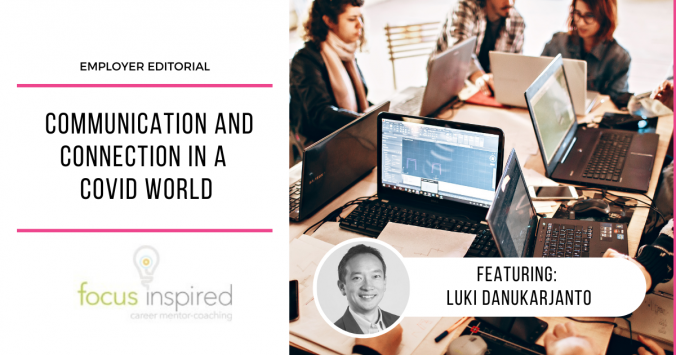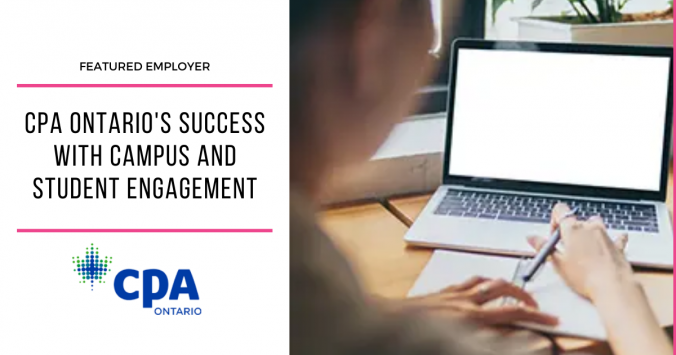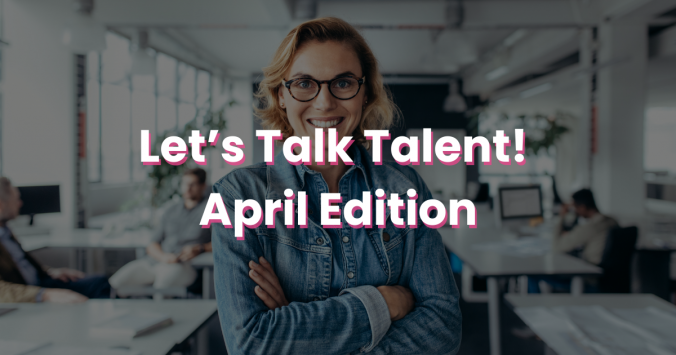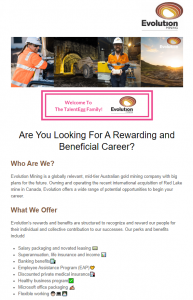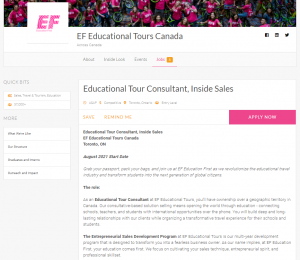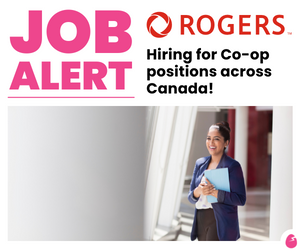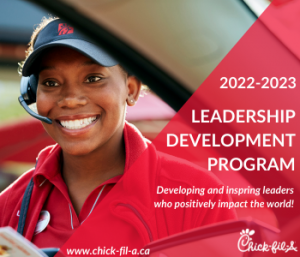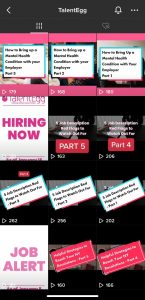 For many of us, it’s been a while since we bumped into a colleague in the lunchroom or in the hallway to catch up on how they are doing and what they are doing. Lockdowns and social distancing has made communication and connection more difficult. Perhaps not difficult, just different.
For many of us, it’s been a while since we bumped into a colleague in the lunchroom or in the hallway to catch up on how they are doing and what they are doing. Lockdowns and social distancing has made communication and connection more difficult. Perhaps not difficult, just different.
While COVID May have made it more challenging to connect with folks on The same floor or in the same office, the acceptance of video conferencing has helped stay connected with folks that are outside the building, city and perhaps even country.
Proactive Connection
One of the biggest changes with staying connected with coworkers is to be proactive with your connections. Allocate the time on your calendar to connect with folks.
- If you regularly bumped into someone at the water cooler, perhaps schedule time on both your calendars to catch up for a 15 minute zoom call.
- Block off 30 minutes in your day to message and connect with folks that you haven’t connected with in over a month.
- Allocate 60 minutes a week to further develop relationships with folks who haven’t spoken to in over three months.
Play with the frequency and duration based on the relationship and your circumstances. At the end of the day, be proactive and allocate the time.
Communication Styles
Well some people prefer to communicate in person, that luxury is not quite available anymore. Consider furthering your relationship with a video call to stay connected, or engage in text or email chats or even phone calls can still happen even in the age of video and digital communication. Some people have a preference for video chats. Others would rather communicate via text or email. Others just want to hear the sound of your voice. Consider what communication style is relevant for the other person.
Think about exercising the “platinum rule” instead of the “golden rule”. The platinum rule suggests: “do unto others as they would want done unto themselves”. So even if you are an email person, if that person prefers phone calls, then give them a phone call.
Feedback and Praise
One important type of communication that you should consider making more regular if you are not already is feedback. Letting people know how they are doing and where they can improve.
Feedback should express concern, demonstrate curiosity, seek to clarify, as well as be constructive, consistent. clear, candid and close in time to the activities in question.
You can use the ADNs approach:
- Ask: are they open to feedback at the moment? “May I…”
- Describe: specific behaviour and impact “… when you … “ “Here’s what happens…”
- Next steps: what to do ongoing “How can you do this differently? How can I help?” “Thanks, keep it up!”
An important form of feedback that is often neglected is praise. Oftentimes we are quick to connect with folks to provide some corrective feedback. Consider allocating more time for praise and positive feedback. become a “praise prism”. Praise is actually an infinite resource and you might find that your praise gets amplified across your organization like a prism.
Summary
Take some time to reflect on how you are communicating and connecting during these interesting times. Consider adding some proactive connection time to reach out to folks that you would normally connect with, as well as connect with those that you might not. be mindful of people’s communication styles and preferences and adjust appropriately. Don’t forget feedback and especially remember to spread the praise. It’s often harder to know how you’re doing when you see your coworkers less frequently. So be sure to support your team whether you stay remote, go hybrid, or return to the office.
What will you do to connect and communicate better?
Luki is a career coach and likes to say that he has found his purpose helping others find theirs. A former management consultant and campus recruiting lead, he shares his SIWIKE Stuff I Wish I Knew Earlier through books, podcasts, videos and other content. Connect with him on LinkedIn https://www.linkedin.com/in/lukidanu/ or Subscribe on YouTube to access other content https://youtube.com/focusinspired
